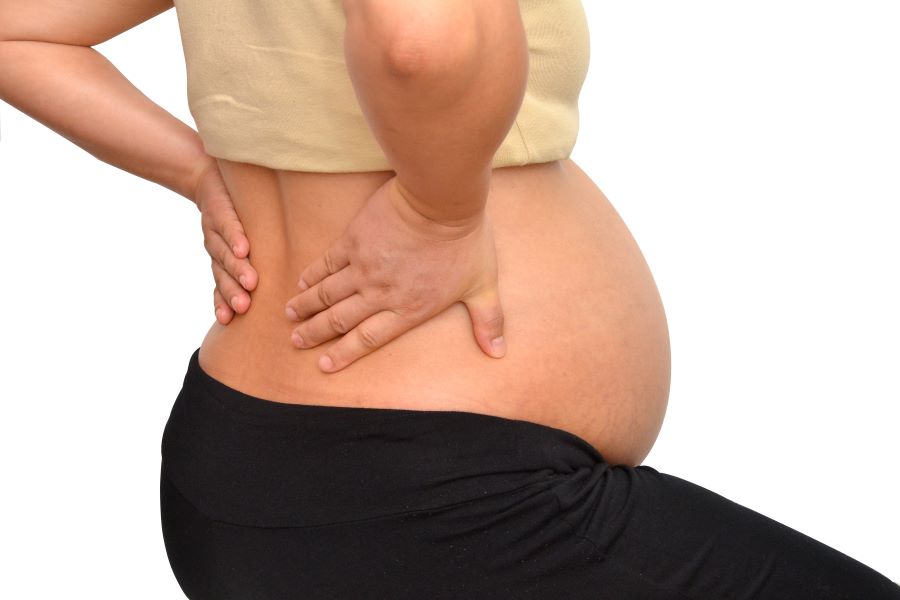6 Signs you’re in Labor


Unfortunately, there is no one thing that always happens to all pregnant women when they go into labor. In fact, what a woman experiences as her body prepares to give birth can vary greatly between different women and even different pregnancies. But here are some general signs that you might want to put your bag in the car and head to the hospital soon.
1. Consistently strong contractions. It’s normal to have practice contractions called Braxton-Hicks contractions as you near your due date, but the contractions that are associated with labor tend to be a whole different beast: they are regular and painful, so timing them can help you figure out if it might be the real thing. For most women, contractions every 5 minutes that last for a minute and have been occurring for an hour are a good sign you might be in labor, but some women are told to come when they are farther apart (such as those with a history of fast labor or who’ve given birth before), so be sure to heed the advice of your doctor or midwife.
2. Fluid leaking that is the consistency of water. Many women think that when their water breaks it will be a huge dramatic gush like in the movies. This might happen, but more often than not it feels like a slow trickle like you are urinating (but you’re not!). Not sure? Put on a pad to see if the leakage continues, or call your obstetric provider. If your water is broken, it’s time to head in to your hospital or birth center.
3. Increased discharge that may be bloody. Known as “the mucus plug” or “bloody show,” this is a mucous discharge that may be pink or red and is essentially cervical mucus. As the cervix dilates, more mucus discharge is commonly seen. Often this alone is not a reason to rush in to the hospital, but it may mean things are progressing. Start to pay attention to any contractions and call your doctor or midwife if you aren’t sure.
4. Vaginal bleeding. Any bright red vaginal bleeding should prompt you to make a phone call to your obstetric provider. While it can be a sign of something concerning like a placental abruption, for some women it means their cervix is dilating, and they are in labor. Usually the only way to be sure is to be seen on Labor and Delivery.
5. Intense pelvic pressure. Most pregnant women complain of worsening pelvic pressure towards the end of their pregnancies, but as your baby moves lower into the birth canal when labor starts that pressure may skyrocket. This could be a sign of labor (again, this alone often isn’t, but for some lucky women this is all they ever notice!), so if it doesn’t get better with rest or taking a bath or is so bad you can’t take it, check in with your doctor or midwife. It just might mean your baby is on the way.
6. Back pain that won’t go away. Just like pelvic pressure, back pain is very common in pregnancy. Some women feel their contractions only in their back, and this is usually related to how the baby is positioned in the uterus. Again, if it’s intense or you can’t get any relief, you might actually be in early labor and should touch base with your obstetric provider.
Powered by Bundoo®










































